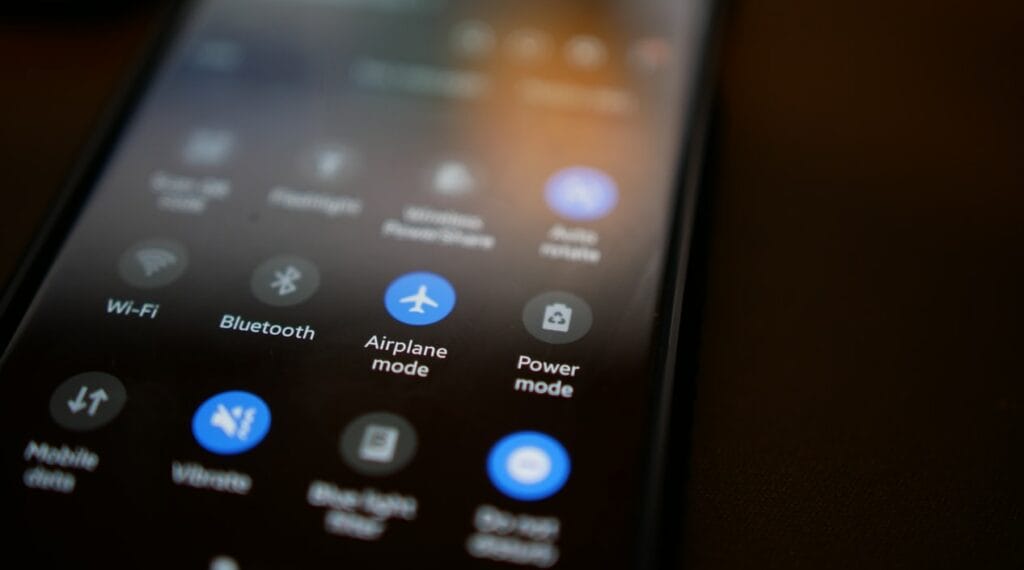“I post a picture of myself ’cause I’m lonely. Everyone knows what I look like, not even one of them knows me.” Andrew Taggart of The Chainsmokers sums up the current internet culture perfectly with this line from the song Everybody Hates Me. Our brains want to be seen and appreciated. Maybe even more importantly: they don’t want to miss out on anything (FOMO: Fear Of Missing Out). The result? Increasing amounts of screen time every day. And that’s why it’s time for a change. Today, the Netherlands goes offline — will you join?
We want to, but we just can’t do without it anymore
A message comes in, Instagram opens automatically, and the scrolling on TikTok never stops. Apps are designed to keep you watching, clicking, and sharing. It’s not just entertainment apps—your email works the same way. Even on weekends, you want to clear that little red notification bubble in the top corner. All these stimuli cause us to spend way more time in front of screens than we originally intended. Social media triggers endorphins and dopamine—chemicals that make you feel good. But there’s a downside: it’s addictive. We want to keep feeling that happiness and reward. Ignoring these triggers becomes impossible. This creates a strong urge to keep looking at the screen. This can affect your work and the building of real-life relationships. In fact, it can even raise your stress levels.
So today, put your phone aside and close your computer apps. Forget about internal emails for a while and walk over to your colleagues.
But one day of a full internet detox won’t get you rid of your addiction entirely. That’s why here are some tips to turn FOMO (at work) into JOMO (Joy Of Missing Out).
Keep work and private life separate
As simple as it sounds, it’s often not so simple in reality. Turn off your notifications and barely handle private matters during work. After all, you wouldn’t answer work emails at your best friend’s birthday, right?
Don’t connect your phone and laptop
Nowadays, there are easy apps to sync your smartphone and laptop so you can transfer documents effortlessly. Handy! But less pleasant if all the messages from your neighborhood app or your in-laws also pop up on your laptop.
Turn off your notifications
Easy and effective. Without being triggered by likes, new videos, or your aunt messaging you on Facebook, you can focus better. The distraction of a glowing screen disappears. Your urge to constantly check your phone decreases. Still not enough? Keep your smartphone out of sight.
Plan it
Check your private messages at fixed times. This could be during your break or set aside a few minutes daily to open apps. Make sure you stick to that schedule. Five minutes reading messages isn’t the same as watching a twelve-minute YouTube video.
Fixed times to check your email
The same goes for your email. Do you check your new emails frequently? From now on, do it at a fixed time each day. This will help you focus more on your current tasks. Also, turn off your ‘new message’ notifications to avoid unnecessary distractions.
Block distracting websites
Is it not your phone distracting you, but do you find yourself unconsciously opening Facebook when you start your laptop? Block the website or set a time limit on it. That way, you won’t automatically surf to your favorite pages.
Want to spend a day offline too? Join National Offline Day on May 10th. It’s a great first step to overcoming your internet addiction. Use the tips above to become less dependent on (social) media.

